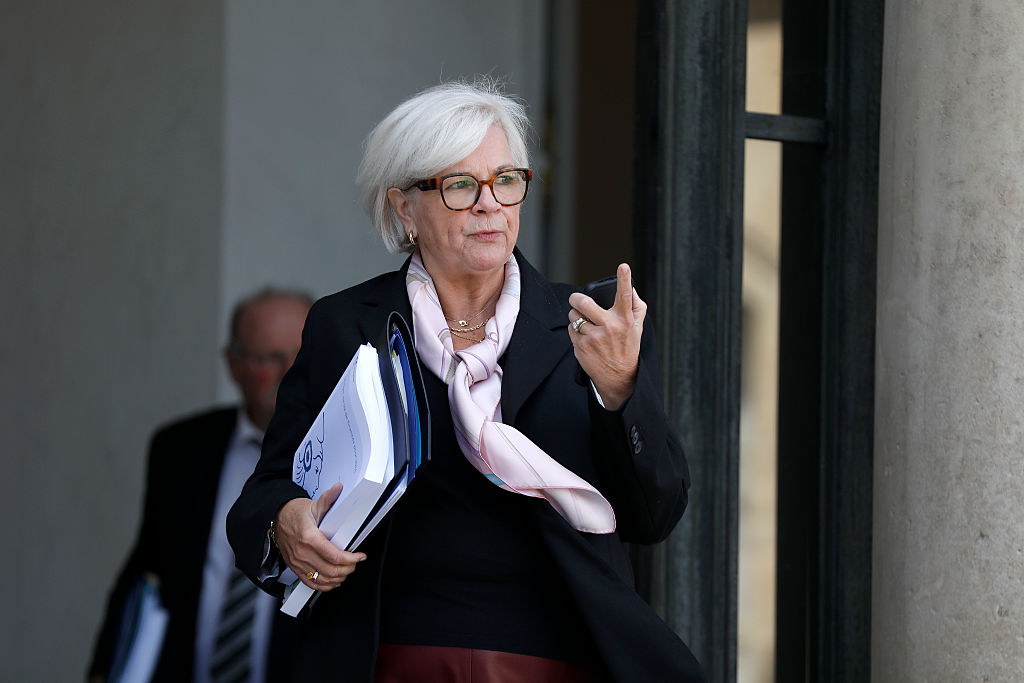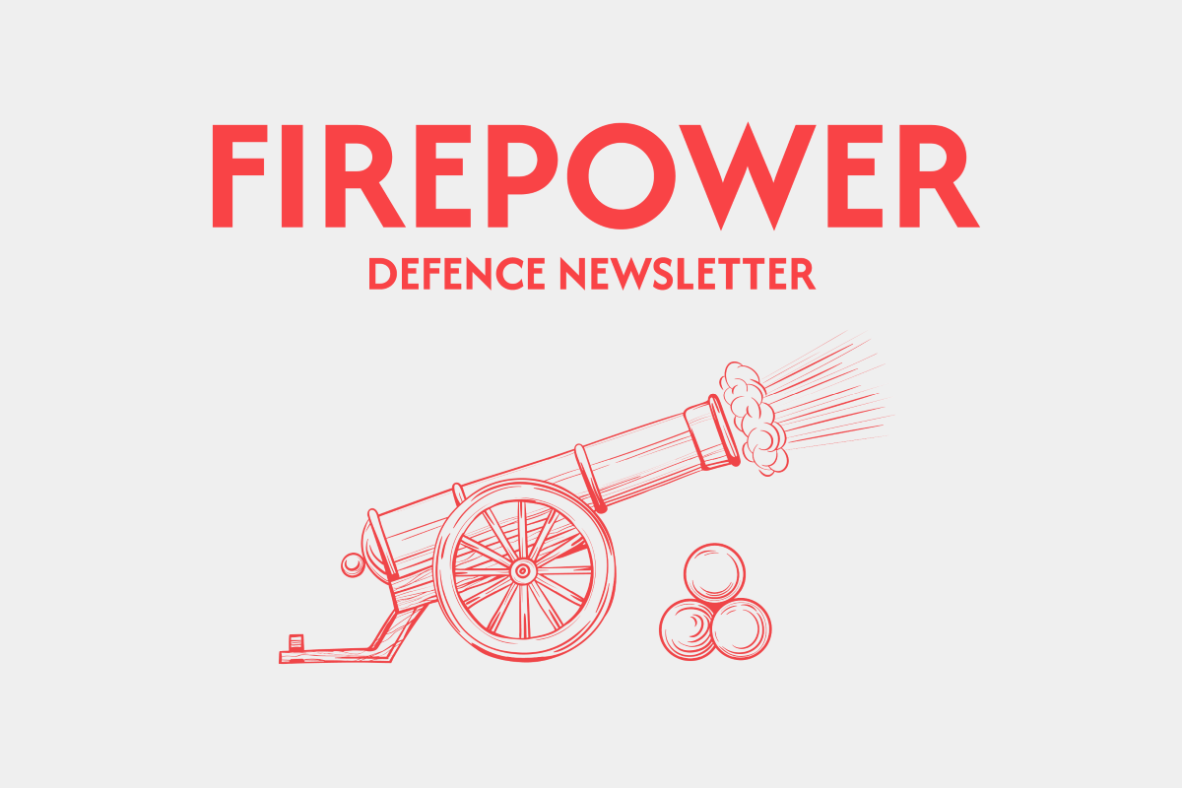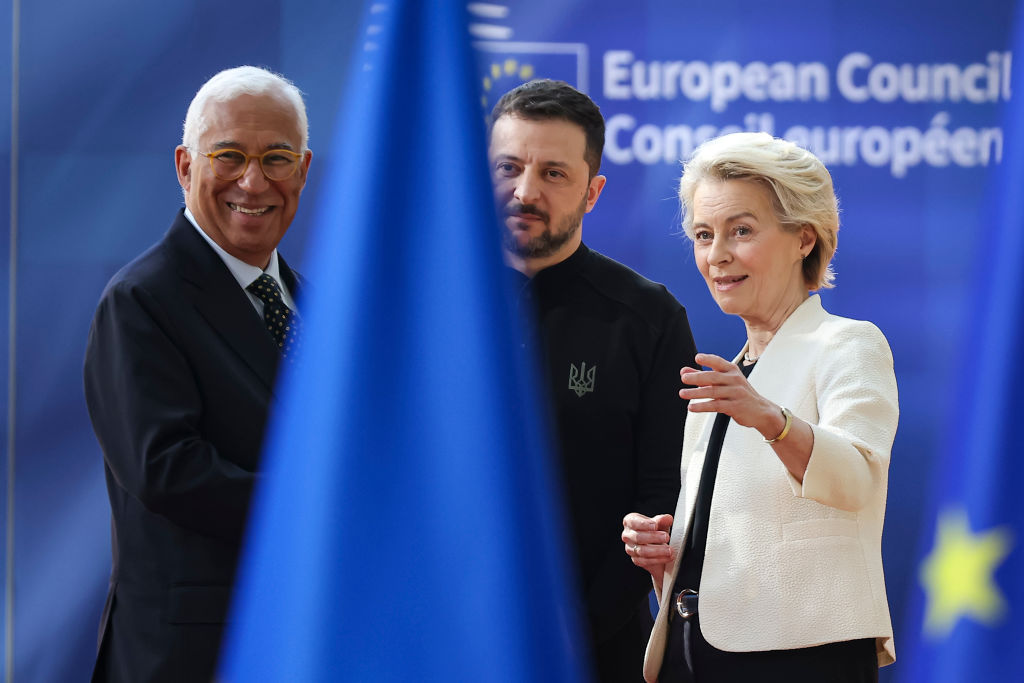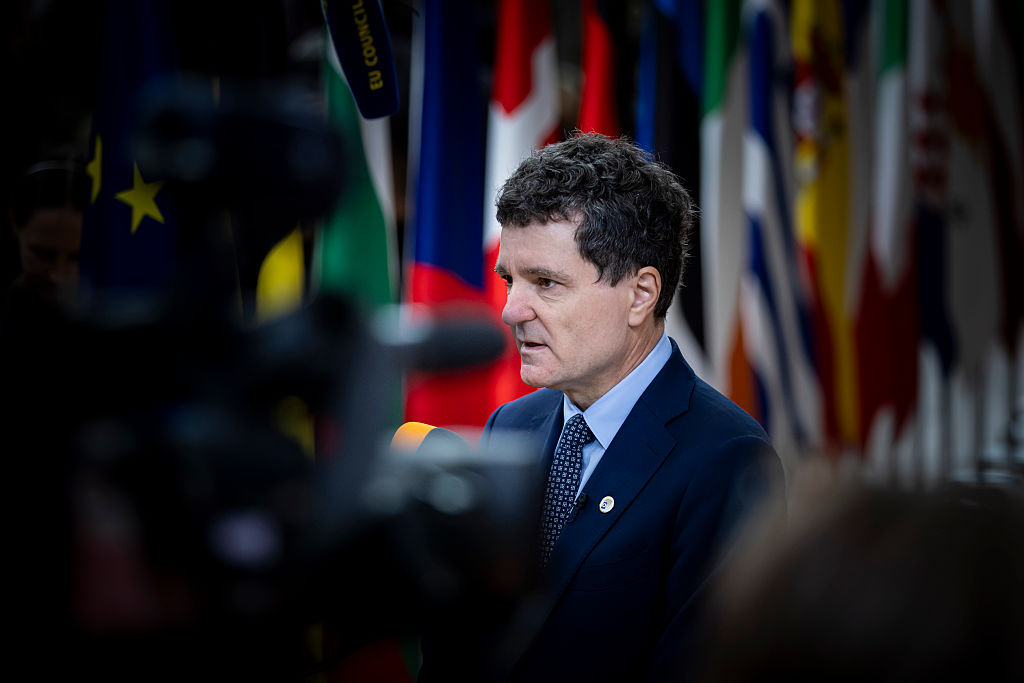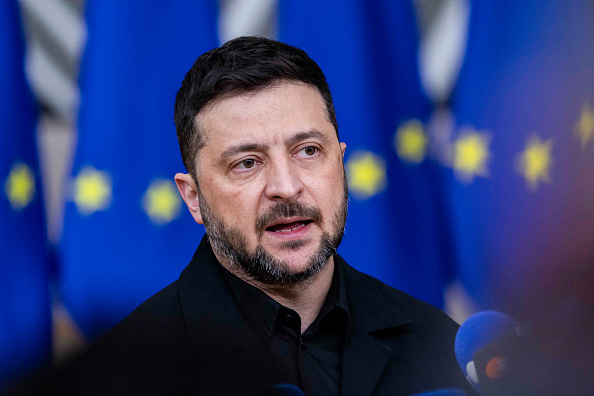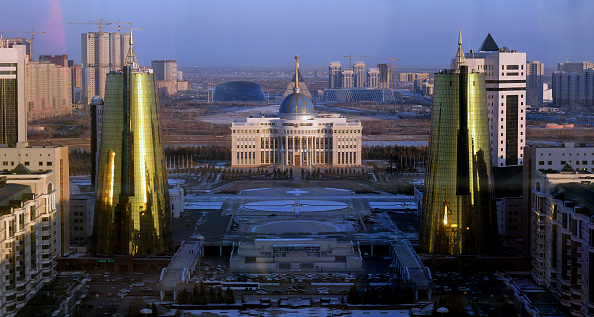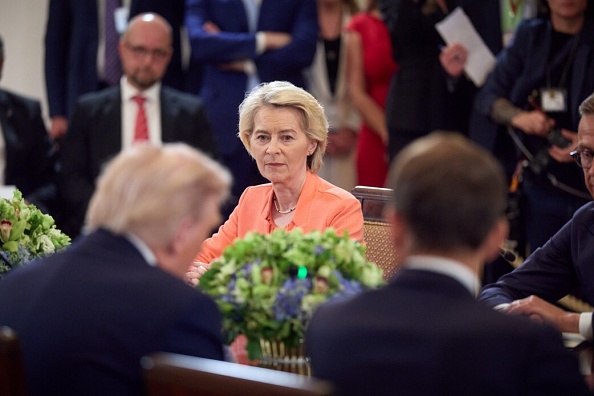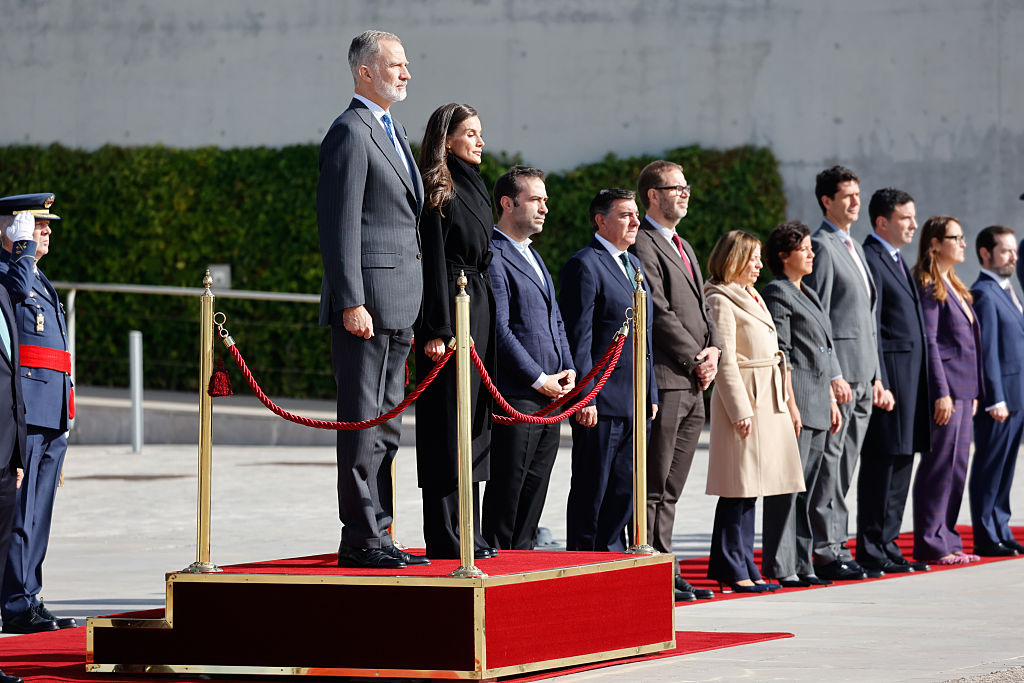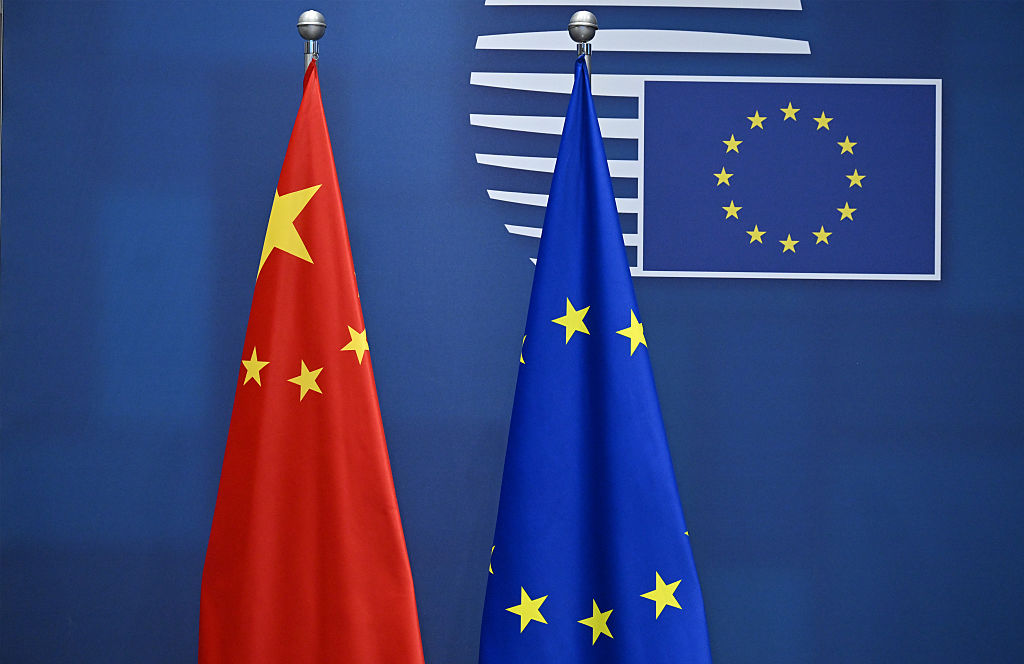Saab CEO: NATO should give defence industry targets for war readiness
The remarks come after a month of worry, after China announced it was halting exports of rare earths for military purposes
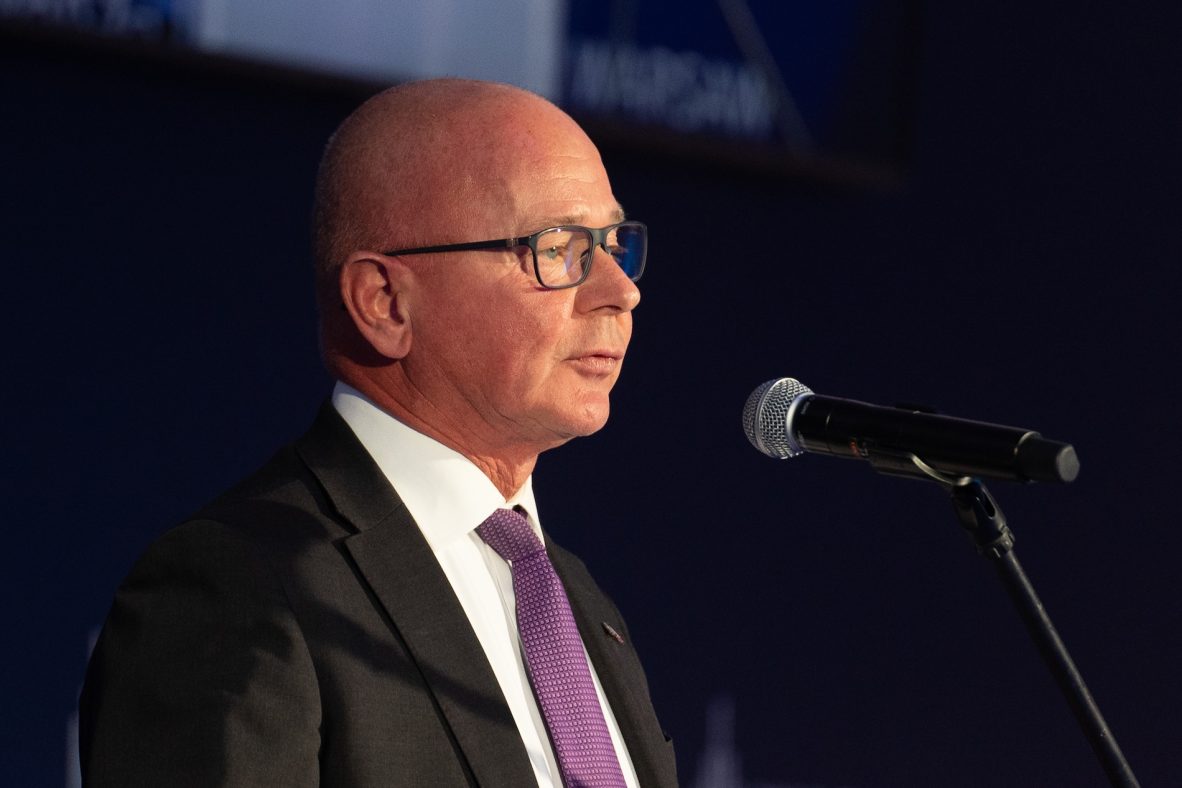
NATO should establish capability targets for the defence industry, not just its member states, Micael Johansson, the CEO of the Swedish group Saab, said on Wednesday.
During opening remarks at the defence company’s annual event in Brussels, Johansson argued that the Western military alliance should create new capability targets of “minimal industrial capacity requirements.”
The comments come as many members of NATO consider how to bolster their defences in a time of great stress for Europeans, as Russia’s war against Ukraine is well into its third year. Last week, German Lieutenant General Alexander Sollfrank, in charge of the country’s joint operations command, said Russia could attack its NATO-member neighbours at any point.
The top Saab executive said he wants NATO to think about “how to handle the security of supply” for defence equipment, and not just tell governments what to buy.
NATO is currently setting capability targets for its members, listing the type of equipment they should purchase to execute the military alliance’s defence plans.
NATO officials used these new targets to explain why all members needed to up their core defence spending to 3,5% of GDP. The targets are a third higher than the previous ones.
Still, NATO doesn’t give private industry any targets, and that’s insufficient to create a strong industrial capacity for war-readiness, argued Johansson, who is also president of the European Association of Defence Industries (ASD), the sector’s main lobbying group.
Johansson would like to see NATO “thinking about industrial capability targets,” and preparing for times of war. That means having a view of which regions should host ammunition or missile factories able to scale up when needed.
Johansson’s remarks come after a month of worry in the defence sector around the future of supply chains after China announced is was halting exports of rare earths for military purposes. Beijing eventually suspended the measure.
“Even though there might be a period with no crisis, we still need to get our hands around that,” Johansson said.
Stockpiles for the industry are already a focus of NATO’s efforts, according to Tarja Jaakkola, the alliance’s assistant secretary general, who also attended the event.
(cm)
